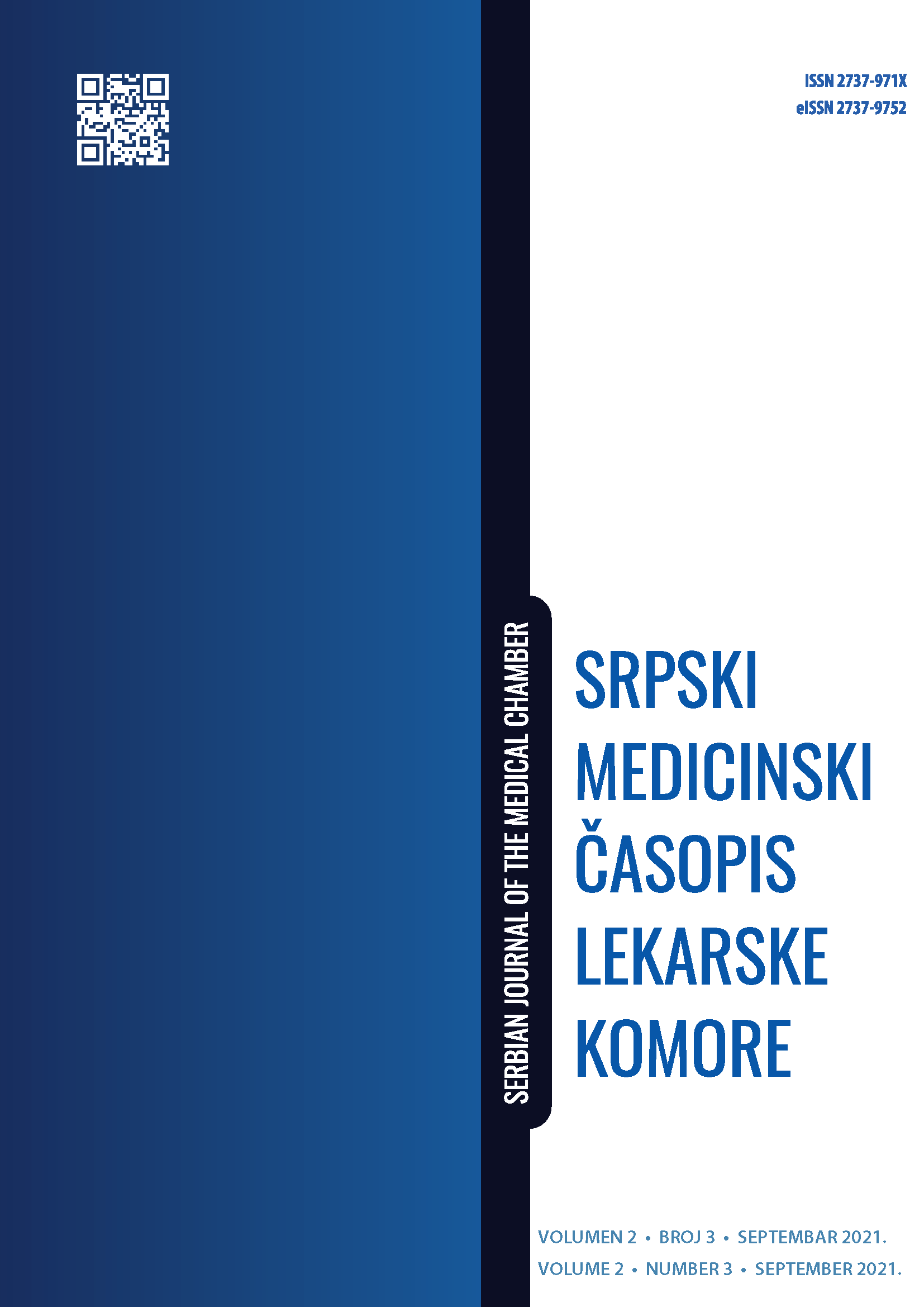LIMITATIONS OF RAPID SEROLOGICAL TESTING FOR SARS-COV-2 IN NON-VACCINATED PATIENTS IN ACUTE CARDIAC CARE
Abstract
In December 2019, first cases of infection by a new SARS-CoV 2 virus appeared in Wuhan, China, and later on, the disease caused by this virus was termed COVID-19 [1]. Soon, on March 11th, 2020, the WHO has characterized COVID-19 as a global pandemic. The symptoms of COVID-19 and an acute cardiovascular disorder (e.g. heart failure, pulmonary embolism or myocardial ischemia) frequently overlap, imposing challenges to differential diagnosis in the real-world clinical practice. Rapid serological tests, which detect IgM and IgG classes of antibodies for SARS-CoV 2, have been developed with the main purpose of population screening for an immunological response to SARS-CoV-2 [4]. However, rapid serological tests are often used outside of their original purpose for a triage of possibly infected, non-vaccinated, individuals because they offer quick results, which may be particularly relevant in emergency settings. If serological testing is used to guide admission of non-vaccinated patients with acute cardiovascular disorders to either an isolated unit for suspected COVID-19 positive individuals, or to hospital facilities for non-infected patients, it is important to recognize its limitations to reduce the risk of false-positive or false-negative results. Hence, appropriate patient selection and cautious test interpretation is necessary to avoid misdiagnosis. The aim of this scientific letter is to illustrate how serological testing may be used as a screening tool to inform the management of non-vaccinated patients with acute cardiovascular disorders requiring urgent hospital admission. As an illustration, we describe two clinical situations, in which serological testing produced meaningful results.

